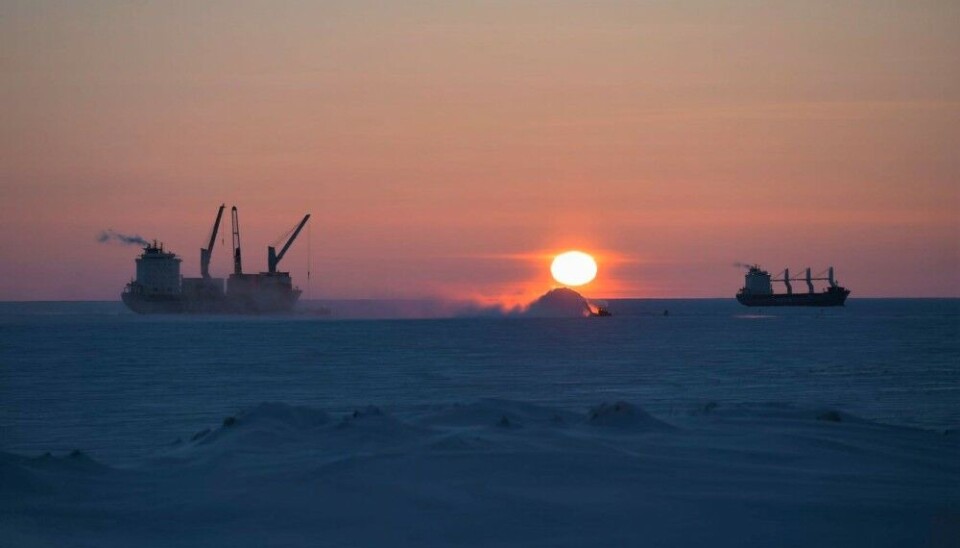
Terror haunts Suez Canal. Moscow wants shippers to look to its far northern route
But international shipping companies shun the remote and icy waters along Russia's increasingly militarised Arctic coast. Figures from 2023 show that shipments lag far behind the Kremlin's targets.
A total of 36,254 million tons of goods were in 2023 shipped on the Northern Sea Route. That is about 10 million tons less than the original target desired by Russian ruler Vladimir Putin. In a strategy document from 2022, the forecast for 2023 is set to more than 46 million tons.
Nevertheless, Moscow salutes the goods volumes for 2023. This is a historical record, a statement from state nuclear company Rosatom reads. Rosatom manages Russia’s fleet of nuclear powered icebreakers and is responsible for the development of the sea route.
In an interview with Kommersant, Rosatom special representative of Arctic affairs Vladimir Panov highlights the historical role of the route,
“Today in front of our eyes the history of global logistics is changing. The Northern Sea Route is possibly one of the last logistical routes that is opened to mankind.”
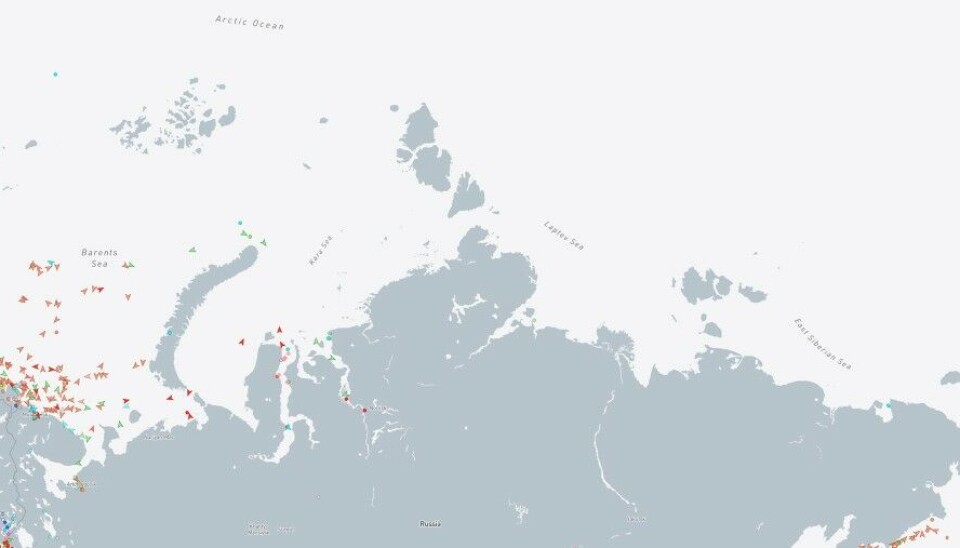
The recent terrorist attacks by Houthi rebels against the Suez Canal and last year’s draught in the Panama Canal have fuelled hopes among many government planners in Moscow about the prospectives of their northern route.
But developments are not going as planned.
Moscow has for many years had major ambitions for the shipping route that stretches along its Arctic coasts and connects Europe with Asia. In 2024, the original plan was to reach 80 million tons of goods on the route, and in 2030 — up to 150 million tons. In 2035, more than 200 million tons of goods are to be shipped on the route.
But also government planners are starting to correct the forecasts. The Ministry of the Far East and Arctic in the last part of 2023 presented three scenarios, one of which includes a significant downscale of the volumes. The scenario branded as ‘conservative’ outlines up to 117 million tons of goods volumes in 2030 and 131 million tons in 2035, newspaper Kommersant reported.
However, also this ‘conservative’ scenario could ultimately turn out to be far too optimistic.
Russia is not able to build the advanced and specially designed vessels needed for shipping through the icy Arctic waters.
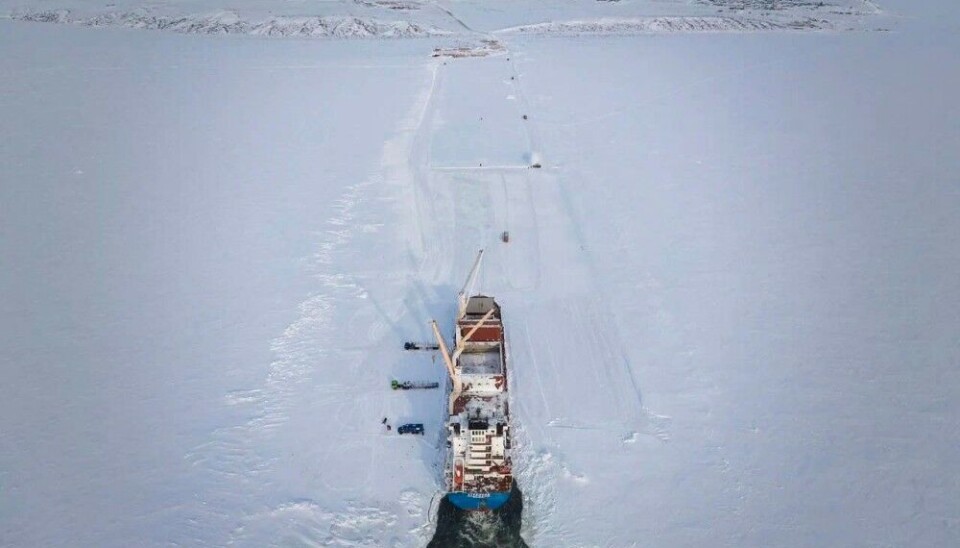
Russia is also lagging behind its original plans to build icebreakers. It might not be able to complete the fleet of seven new class LK-60 nuclear-powered icebreakers in due time and there are growing uncertainties about the gigantic and super-powerful “Lider.”
It is oil, natural gas and coal that are the drivers behind Moscow’s grand Arctic plans. But several of the major industrial projects in the region are significantly behind schedule. Reportedly, the developers of the Syradasayskoye coal project in Taymyr had by late 2023 not even started to build ice-class carriers needed for the coal export.
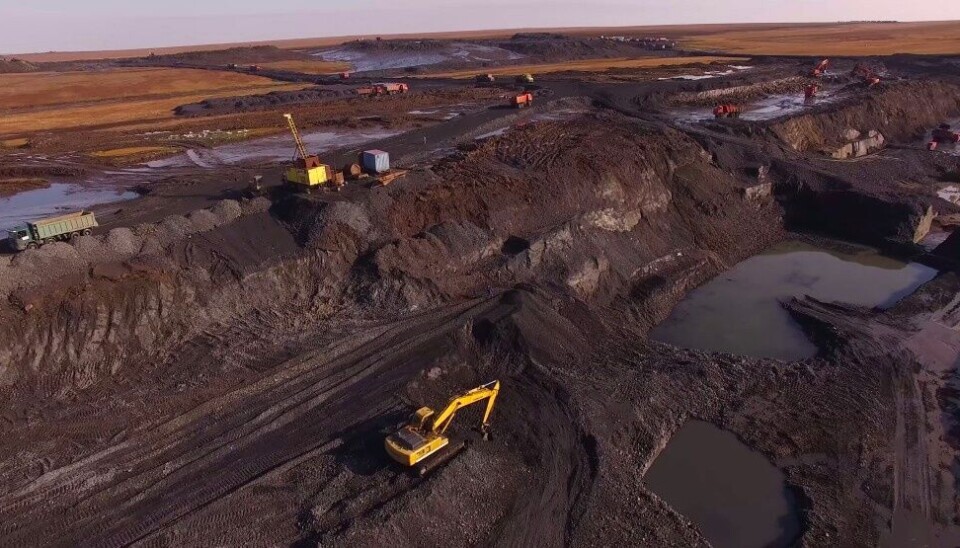
The same goes for Rosneft’s Vostok Oil project. The state oil company has repeatedly underlined that it will export at least 30 million tons of oil from the project seaport of Sever Bay already in 2024. By year 2030, the annual export from the terminal will exceed 100 million, Rosneft CEO Igor Sechin has stressed.
But Rosneft appears nowhere close to have a tanker fleet that can shuttle to the terminal in the Yenisey Bay.
On the backdrop of developments is Russia’s war against Ukraine and the massive international sanctions aimed against Moscow.
The recent US sanctions aimed against the Russian LNG industry and especially Novatek’s logistics company and its new Arctic LNG 2 project is gradually leading to a halt in developments.
Novatek says it early this year intends to start export of LNG from the first of three production trains in the Arctic LNG 2, but the prospects for the remaining two trains now increasingly look dim.
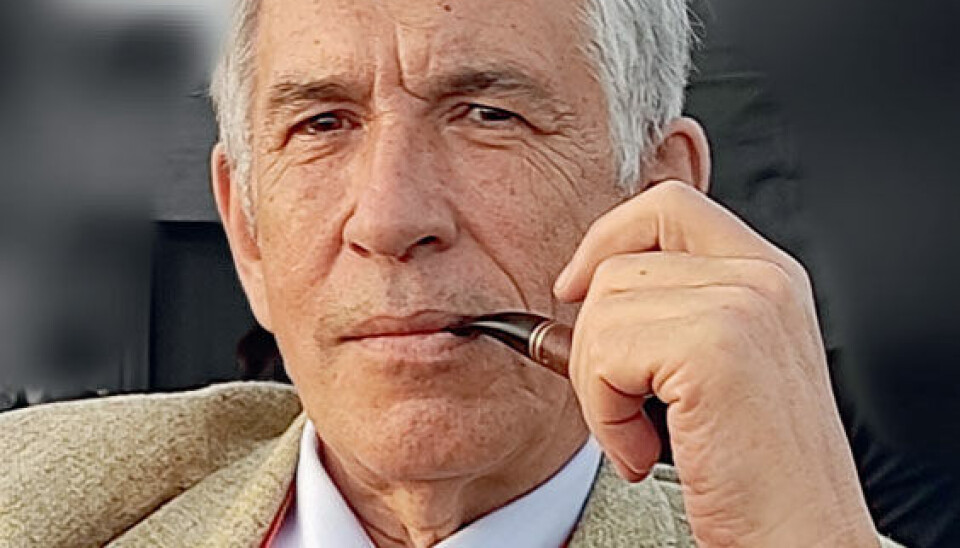
In a comment to the Barents Observer, analyst Mikhail Grigoriev admits that there is a need to modify plans, but argues that Russia ultimately will reach its targets.
“The current Government plans were adopted under other economic conditions. Now it is necessary to bring the targets in line with the possibilities of achievement - with regard to field development, the cargo fleet availability and more,” he says.
“This is a normal situation - plans are corrected as external circumstances change. The development of Arctic projects is a strategic goal for Russia, and that requires a thoughtful approach.”
Grigoriev heads the Gecon consultancy centre and is considered a leading expert on Russian industrial developments in the Arctic. He agrees that there are serious challenges in the Syradasayskoye coal project and the Vostok Oil, but underlines that “both projects are important and will be developed.”
The expert also underlines that he has great faith in Arctic shipping cooperation with China. Following a visit to Beijing in October 2023, Russia’s Deputy Prime Minister Aleksandr Novak said the two sides had taken joint steps to boost the transit potentials of the Northern Sea Route and that at least 50 million tons of goods could be sent on the route between the countries by 2030.
“This is an excellent idea,” Mikhail Grigoriev told the Barents Observer.
Among the Chinese shippers that sailed on the route in 2023 was the NewNew Shipping Line, a company that in the course of the years made eight shipments through the Arctic waters, Rosneft special representative Panov said.
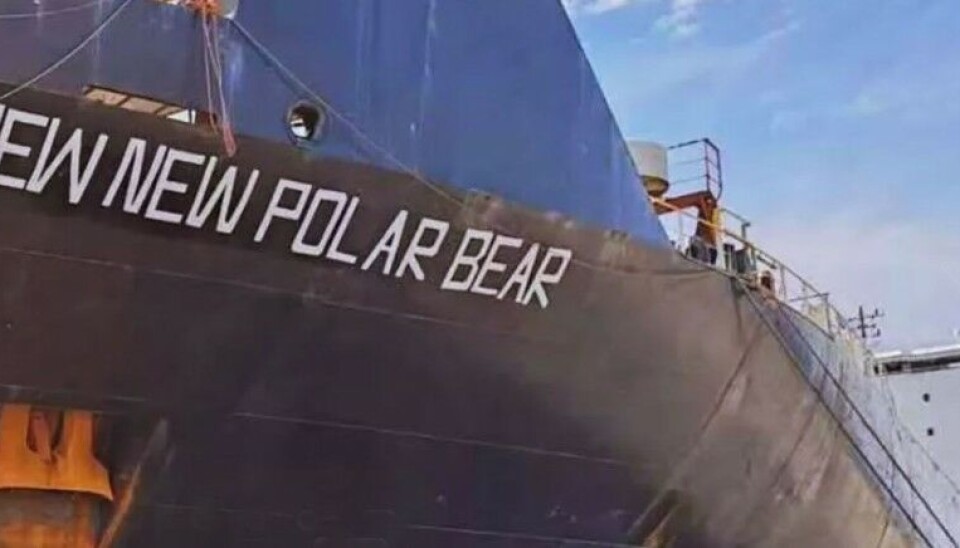
The company is the owner of the NewNew Polar Bear, the ship that is suspected of sabotage against Finnish and Swedish subsea infrastructure in the Baltic Sea.
Russia’s ambitious plans for the Northern Sea Route would be extremely difficult to materialise even in a politically more normal situation without war and international sanctions. Despite global warming and rapid melting of sea-ice, the Northern Sea Route remains covered by a thick white sheet during major parts of winter and spring.
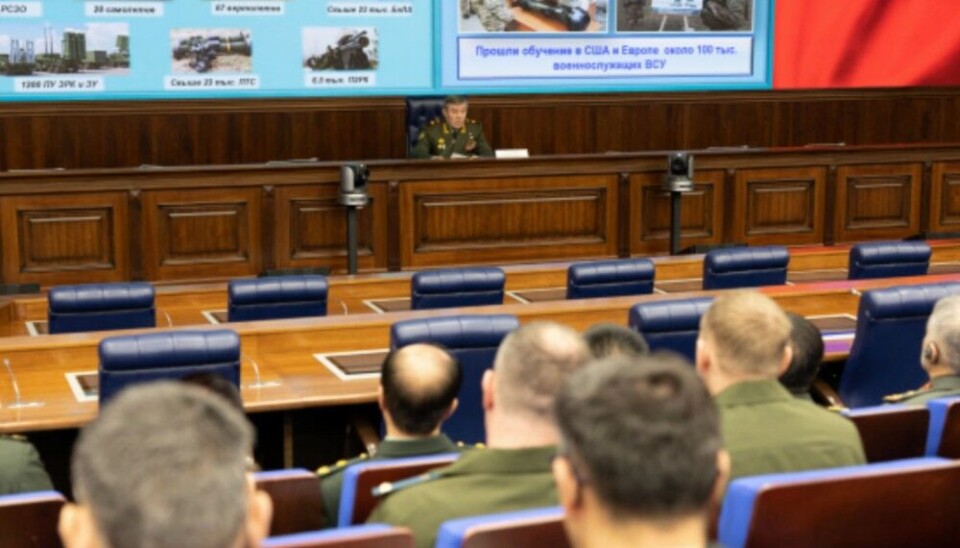
With Russia’s war and aggressive approach to its neighbouring countries, the Arctic plans of the Kremlin are doomed and will inevitably wreck in the ice.
The militarisation of Russia is reflected also on the Northern Sea Route.
According to Chief of the General Staff Valery Gerasimov, the growing Russian military presence in the Arctic is aimed primarily at protecting the Northern Sea Route and industrial projects in the region.
“For this, we are systematically developing our forces in the Arctic and creating and modernising necessary infrastructure objects for the protection of their operations,” he said in a briefing in December 2023.















